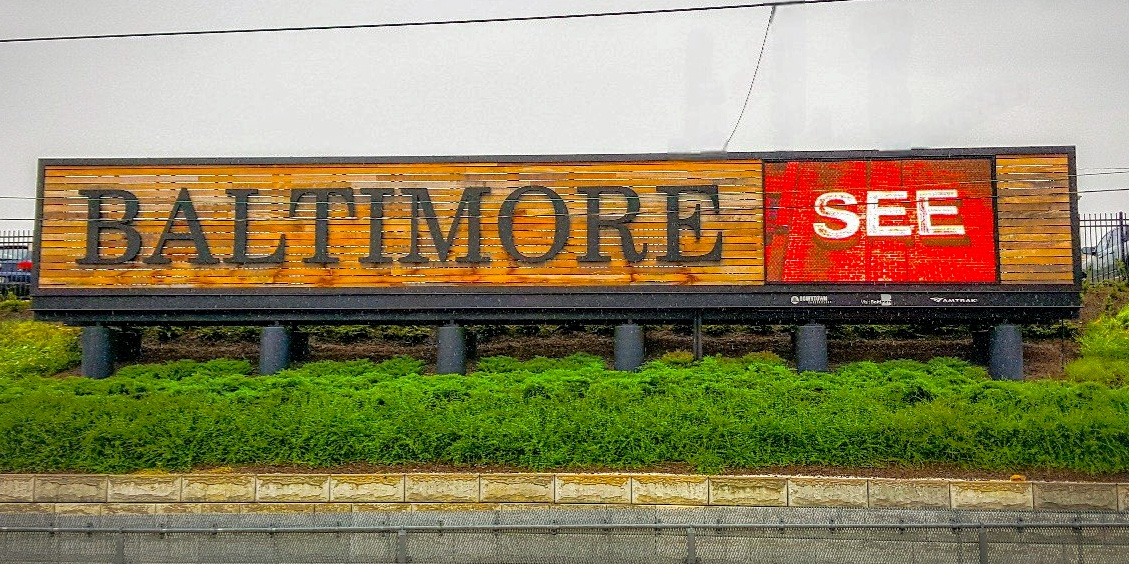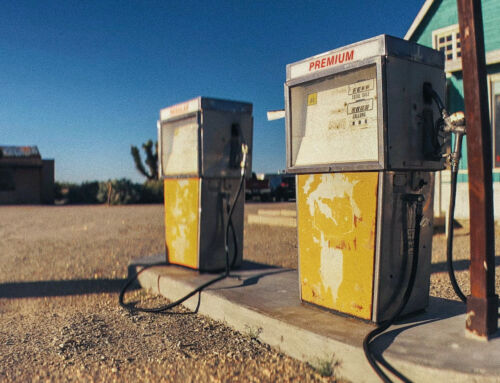View by Topic
Recent Articles
-
Congress Blocks California’s Gasoline Car BanSaturday, May 31st, 2025
-
EPA Will Keep Current Limits for “Forever Chemicals” in Drinking WaterSaturday, May 24th, 2025
-
Court Indefinitely Pauses SEC Climate Rule LitigationSaturday, May 17th, 2025
-
Maryland is About to Regulate Mold But is the Cart Before the HorseSaturday, May 10th, 2025
View by Month/Year
“Green Building Law Update” Headlines
Recent Articles & News from
Stuart Kaplow’s blog
at GreenBuildingLawUpdate.com
- EPA Will Keep Current Limits for “Forever Chemicals” in Drinking Water May 25, 2025
- Court Indefinitely Pauses SEC Climate Rule Litigation May 18, 2025
- Maryland is About to Regulate Mold: But is the Cart Before the Horse? May 11, 2025
- BEPS Redux: The Most Far Reaching Environmental Legislation of the 2025 Maryland General Assembly May 4, 2025
Subscribe to the Green Building Law Update!
Stuart Kaplow brings his expertise and extensive experience to the table with his unique digital publication, "Green Building Law Update". Subscribers receive regular updates to keep them informed about important issues surrounding Environmental Law, Green Building & Real Estate Law, as well as the emerging demand for Environmental Social Governance (ESG).
Get fresh content through the lense of Stuart Kaplow's cutting-edge expertise, innovative commentary and insider perspective. Don't miss another issue! Subscribe below.

Baltimore’s Climate Change Lawsuit Dismissed
In an unprecedented decision, a state court has dismissed a lawsuit “for failure to state a claim upon which relief can be granted” by the Mayor and City Council of Baltimore against 25 major fossil fuel companies, which alleged the companies are responsible for a significant portion of global greenhouse gas emissions. Baltimore claims that the defendants misled the public about the risks of fossil fuels, contributing to climate change and its adverse effects on the city.
In July 2018, Baltimore filed suit alleging that the 25 companies “are individually and collectively responsible for a substantial portion of the total greenhouse gases emitted in the world.”
Baltimore alleged “that the Defendants must be held accountable for deceiving consumers by disseminating misleading information that undermined the scientific community’s consensus about climate change which led to the overuse of fossil fuels around the world.”
Following a tortured procedural history including the United States Supreme Court vacating and remanding the case for further consideration after it had been removed to the federal courts, with the case now back in state court, on October 16, 2023, the oil and gas companies filed a ‘preliminary’ Defendants’ Motion to Dismiss Plaintiffs Complaint for Failure to State a Claim Upon Which Relief Can Be Granted.
In ruling on that motion, the court begins, “There is no question that global warming and climate change are wreaking havoc on our environment.”
The Court goes on to explain that “several states and municipalities have filed lawsuits against fossil fuel companies seeking abatement and/or compensation under the (novel) theory that these companies’ extraction, production, promotion, marketing, and sale of fossil fuels has contributed to the increase in fossil fuel use and contributed to global climate change resulting in injury to plaintiffs’ infrastructures. In each case, the question has been whether these cases can and should be tried and resolved in state court or whether the federal court and/or Congress should resolve the matters. Commentators and scholars have noted that these cases have come to State court because of the difficult policy challenges and the federal government’s reluctance to address climate change.”
In this matter, the Court aligned itself with the reasoning articulated in the recent federal New York City v. Chevron, et al, case, “interpreted the complaint under its consideration as a suit over global greenhouse emissions and held that the allegations of deceptive promotion and marketing of Defendants’ products is simply artful pleading. Artful pleading cannot transform the City’s complaint into anything other than a suit over global greenhouse emissions.”
Judge Videtta A. Brown wrote here, “The explanation by Baltimore that it only seeks to address and hold Defendants accountable for a deceptive misinformation campaign is simply a way to get in the back door what they cannot get in the front door.”
Significantly, the Court ruled on the merits of the City’s case which included 8 causes of action. In response to claims of public and private nuisance “by affirmatively and knowingly promoting the sale and use of fossil fuel” the Court found that greenhouse gas emissions were not a nuisance ‘on the land’ under Maryland law for which the defendants could be liable.
Baltimore also alleged that the defendants “owed a duty to Baltimore and its residents to warn Baltimore and residents of the dangers of using Defendants’ fossil fuels” both for strict liability failure to warn and negligent failure to warn, but the Court rejected out of hand the foreseeable risk concept and then takes a shot when Judge Brown observes, “In this case, the duty to warn would be extended to every single human being on the planet.”
Additionally, the City averred there is a design defect in gasoline and the like, for which it pursued claims in strict liability and negligence, “but because Baltimore has failed to allege any defect inherent in the design of Defendants’ products” those claims were rejected by the Court. And then “this Court will not make the leap and extend trespass liability” as alleged when “Defendants substantially contributed to invasions of City property by misleadingly and deceptively marketing their fossil fuel products, knowing that emissions from those products would cause the very climate-related invasions alleged ..” Moreover, the alleged violations of the Maryland Consumer Protection Act fail because the City missed the 3 year statute of limitations and it certainly knew of climate change more than 3 years ago.
In a 34 page memorandum explaining that analysis, the Court granted the defendants’ Motion to Dismiss Plaintiff’s Complaint for Failure to State a Claim Upon Which Relief Can Be Granted.
Cases like this brought in state courts are pioneering at best and novel at worst because as we blogged about some weeks ago, the Ninth Circuit Court of Appeals recently held climate change claims were “not justiciable” in federal courts. But a city should not be regulating greenhouse gas emissions for the entire country (or for that matter, the world) through litigation brought in a state court.
This case is pathbreaking because it is the first time a state court has dismissed one of these several similar suits brought by states and local governments across the country. The U.S. Supreme Court is currently considering whether to grant a petition to hear an appeal from a substantially the same lawsuit from the City of Honolulu.
This decision is a very good read.









